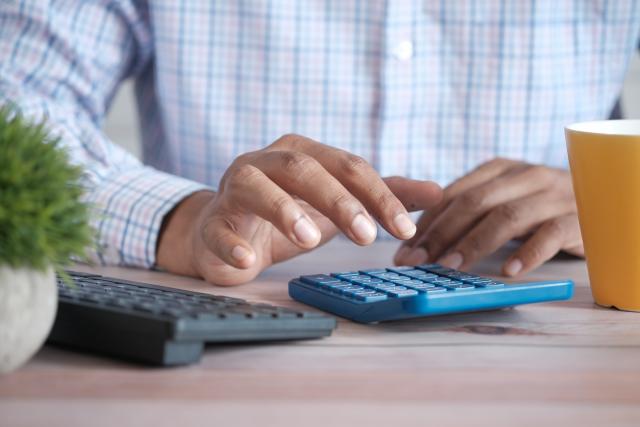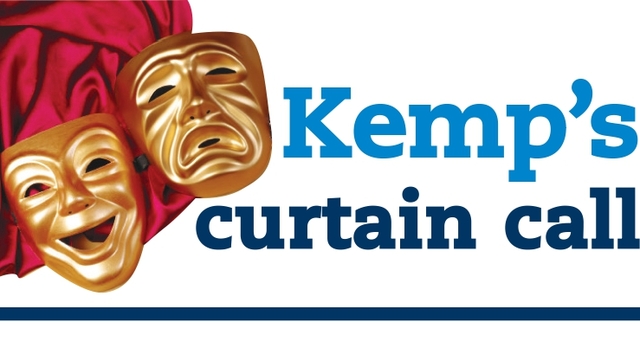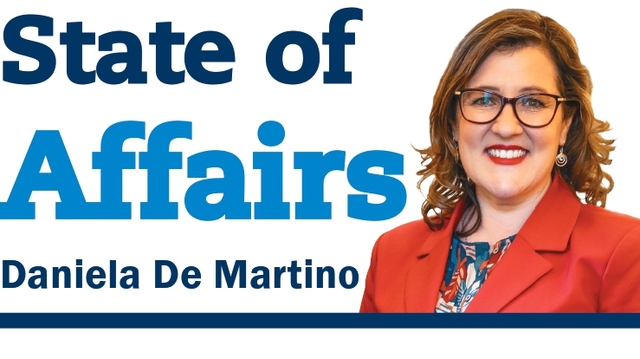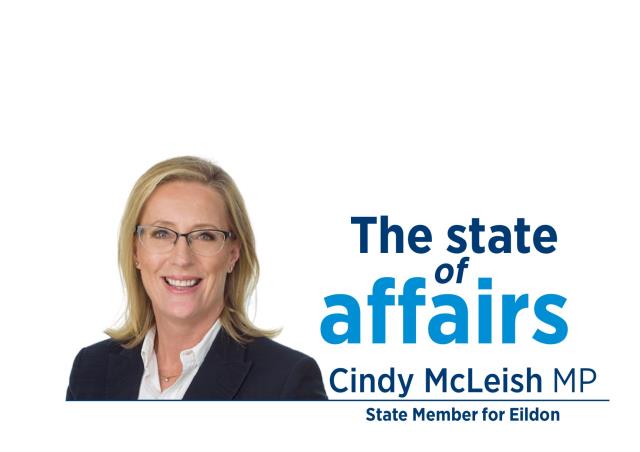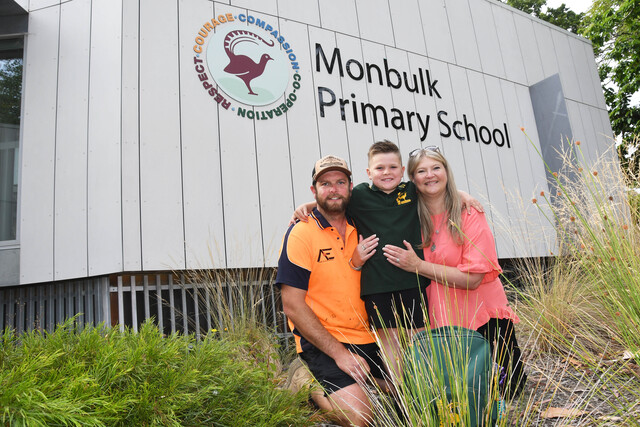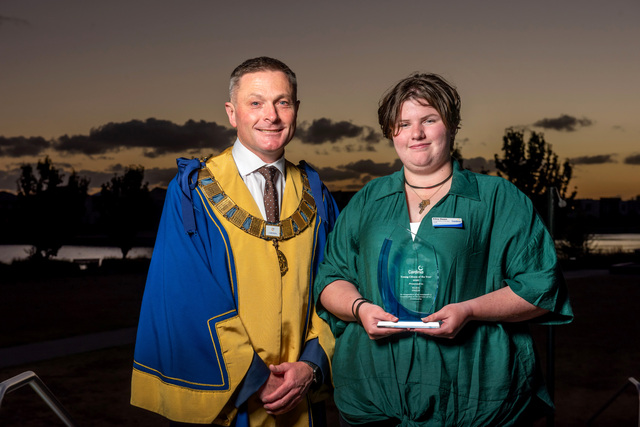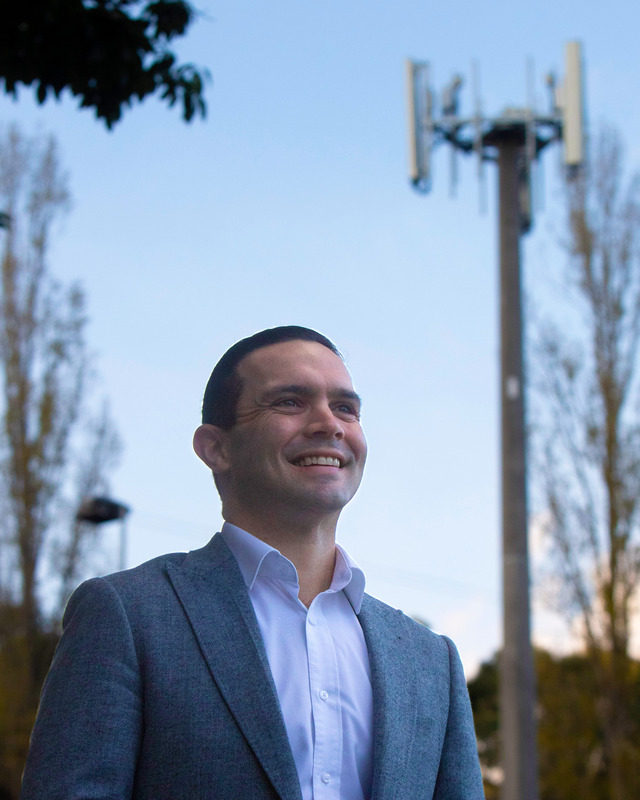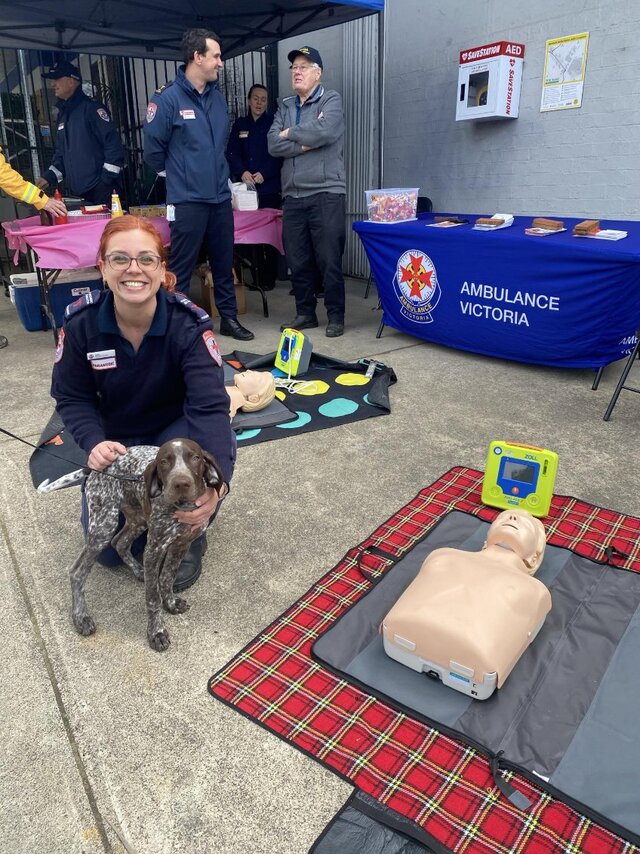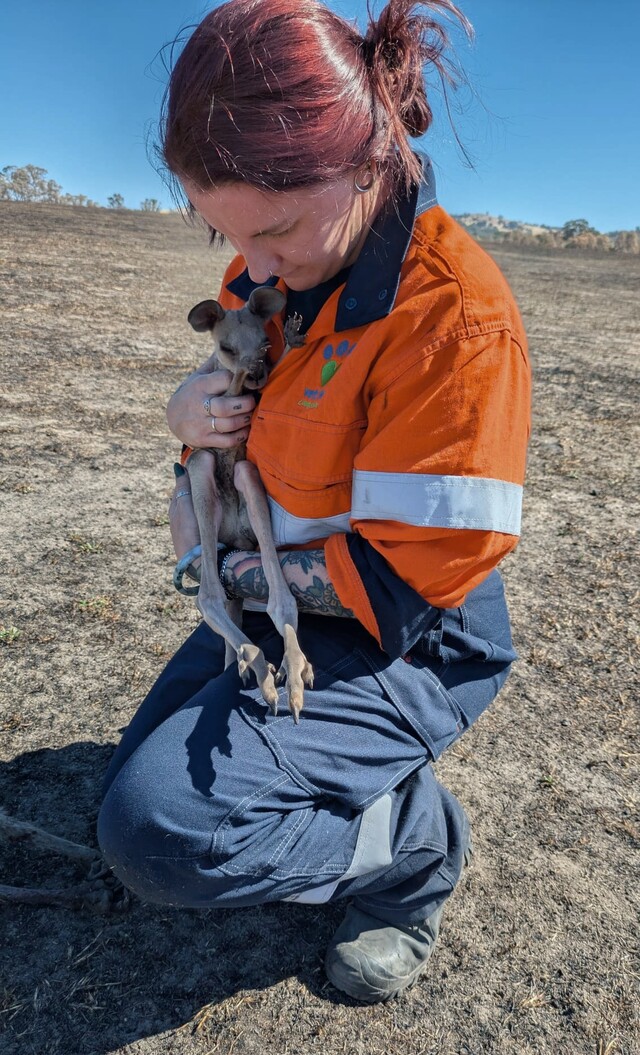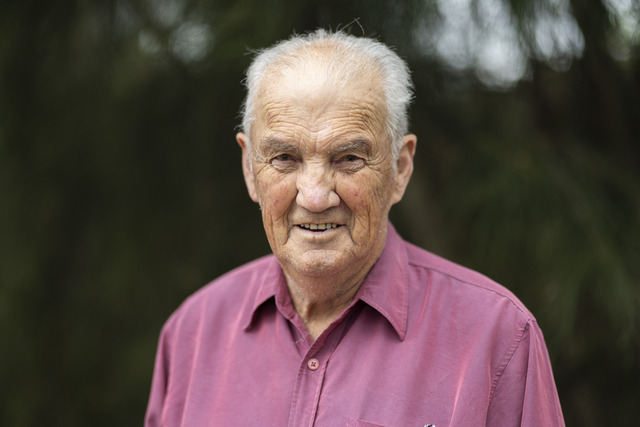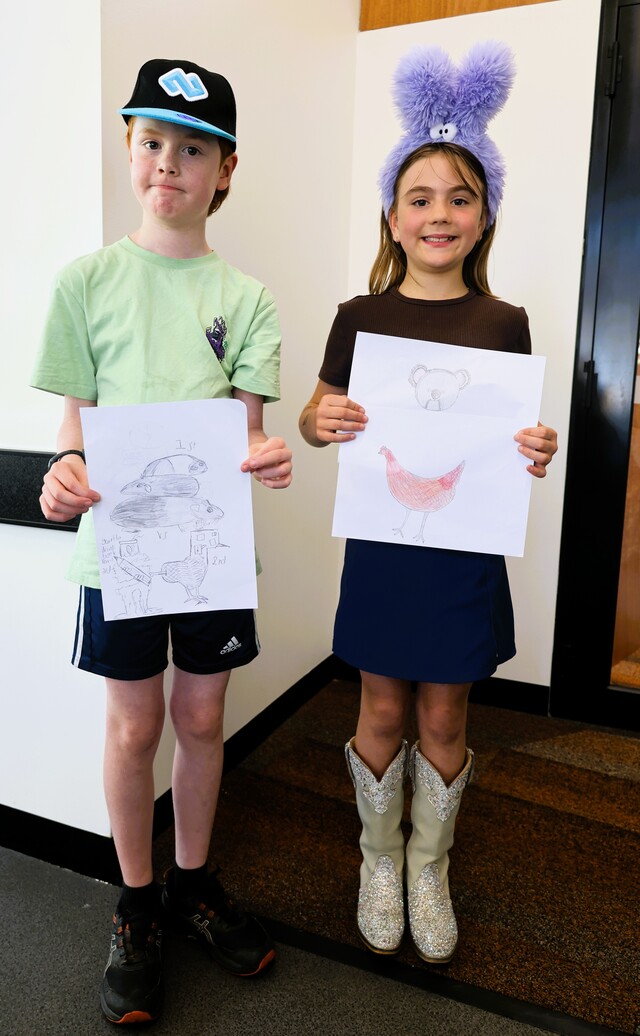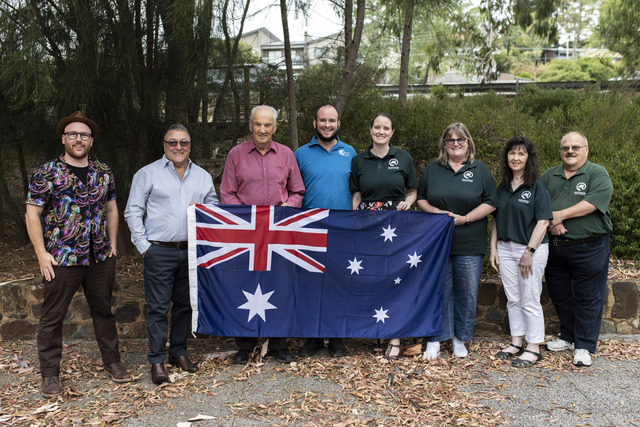Charted Accountants Australia and New Zealand (CA ANZ) said many Australians gathered savings when they stopped spending money on going out, international travel and other discretionary spending during the pandemic.
The Commonwealth Bank has estimated the national pandemic savings topped $250 billion and about six million Australians got a further one-off $250 tax-free payment in the Budget.
CA ANZ Financial Advice Leader Bronny Speed said with cost of living starting to bite, expected interest rate hikes and other financial clouds on the horizon, Easter is a perfect time to take stock.
“While the past two years have been incredibly challenging from a health and welfare perspective, others were fortunate enough to build a savings war chest or pay down their mortgage,” Ms Speed said. The expenses she said to evaluate include buying a car.
“Easter often throws up temptations – usually of the chocolate variety – and it can be the same when
you have a nice pot of money sitting there, to purchase something flashy,” Ms Speed said.
“But cars are often money pits, especially the luxury ones, so think carefully before using your nest egg to buy a new set of wheels. Think about how can get your nest egg to work for you, rather than burn a hole in your pocket.”
Ms Speed advises paying off some debt.
“Australia still has high household debt on an international scale so a good place to use some of your nest egg would be to pay down mortgages, investor debt, personal debt, student debt and credit card debt,” Ms Speed said.
“It’s certainly worth thinking about using any surplus funds to bring that debt under control. It’s important to focus on what is realistic and achievable, so we would suggest focusing on small debts to begin with, and also focus on the debts with high interest rates, as those are hurting you the most.”
Topping up super could also be helpful.
“Your pandemic nest egg might be your opportunity to invest in your retirement. If you can afford it, making extra super contributions is a great way to boost your retirement savings. And it can reduce your tax.
“You can make voluntary after-tax contributions to your superannuation throughout the financial year – as a regular transfer or a one-off payment,” she said.
Building on your healthy savings habits can be a simple saver.
“For many, the pandemic and lockdowns has provided a once-in-a-generation savings lifeline. With your nest egg in place, now’s the time to build on the healthy financial habits you built up.
“There’s lots of ways you can save some money that you’ve probably never considered. For example – if you have some odd jobs around the house to do this Easter, but need a power tool – instead of heading to Bunnings and buying a new one, borrow one from a neighbour, a friend or even see if your neighbourhood has a ‘tool library’ – where you can borrow a tool just like a book.”
Ms Speed suggested trying a modest holiday out of lockdown instead of a lavish vacation.
“After two years of pandemic locked up and borders now reopening, there’s a huge desire to book a holiday and take some well-earned time off overseas or visit loved ones for the first time in years,” she said.
“While this is completely understandable, think about taking a ‘modest’ trip first time round, rather than a luxurious one. Travel prices are inflated at the moment, so be careful not to throw money at any flight or accommodation. The last thing you want is to put a dent in your savings and then the stress of the costs mounting up.”
She also advises seeking guidance from an accountant.
“A generational savings lifeline and growing cost-of-living challenges are the right recipe to seek some expert advice on the best way to use it.
“Look for a financial adviser that is also a Chartered Accountant – they can give you comprehensive advice for both managing your finances but also your tax affairs relevant to your situation.”

